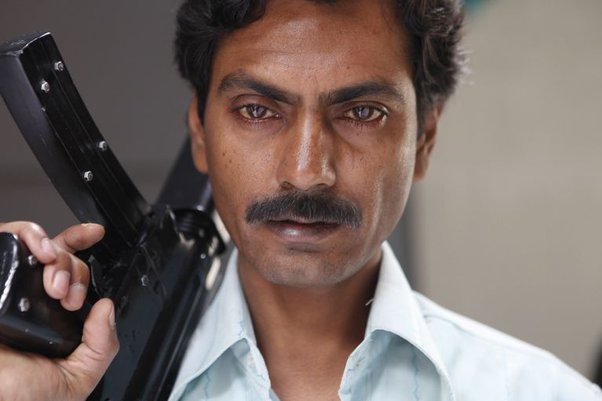In each of us lives an avenger who wakes up whenever we are offended. Some manage to control it, others succumb to the first impulse, and most often this is expressed in verbal aggression, family therapists Linda and Charlie Bloom explain. Although it is not easy to realize, but in such moments we harm ourselves first of all.
Vengefulness is often disguised as righteous anger and therefore not particularly condemned. However, this trait is very bad, much worse than selfishness, greed, laziness or arrogance. The desire for revenge means the conscious desire to harm or hurt someone who, as we think, wronged us. This is not easy to admit, but we instinctively want to take revenge whenever we are treated unfairly.
And often we do just that: we throw caustic phrases in order to repay with the same coin, to punish or subjugate to our will. Considering yourself easygoing because you have never laid a finger on your partner is quite convenient. It is so comforting, and sometimes even causes a feeling of superiority.
But still read the story of Diana and Max.
Max was so stubborn and obstinate that Diana eventually broke down and decided to leave him. He was furious and declared in plain text: “You will regret that you broke our family!” Knowing that his wife was nervous, trying to quickly complete the divorce process, divide the property and formalize the child custody agreement, he deliberately dragged out the legal procedures for two years — solely in order to annoy her.
Whenever they discussed meetings with children, Max did not miss the opportunity to tell Diana some nasty things and did not hesitate to pour mud on her in front of his son and daughter. Trying to protect herself from insults, the woman asked her neighbor for permission to leave the children with her, so that the father would pick up and bring them back at the appointed time and she would not have to see him. She willingly agreed to help.
If we act on impulse, we inevitably feel empty, suspicious, and lonely.
And even after the divorce, Max did not calm down. He met with no one, did not marry again, because he was too busy with the «vendetta», and was left with nothing. He loved his son and daughter and wanted to communicate with them, but, becoming teenagers, both refused to go to visit him. Later, as adults, they visited him only occasionally. Although Diana did not say a single bad word about her ex-husband, he was sure that she turned the children against him.
Over time, Max turned into a gloomy old man and tired everyone around him with stories about how cruelly he was treated. Sitting alone, he hatched fantastic plans for revenge and dreamed of how to annoy Diana more forcefully. He never realized that he was destroyed by his own vindictiveness. And Diana got married again — this time quite successfully.
We don’t always realize how destructive our words are. It would seem that we just want the partner to “draw conclusions”, “finally understand something” or finally make sure that we are right. But all this is a poorly concealed attempt to punish him.
It is a shame to admit this: we will not only have to face our dark side, but also comprehend how costly revenge and angry outbursts are at times when we are frightened, offended or offended. If we act and speak under the influence of this impulse, we inevitably feel emptiness, become withdrawn, suspicious and lonely. And the partner is not to blame for this: it is our own reaction. The more often we succumb to this impulse, the more just the desire for revenge seems to be.
When we realize that we have harmed ourselves, and we are responsible for it, these instincts lose their power. From time to time, the habit of responding with verbal aggression makes itself felt, but it no longer has its former power over us. Not only because we have learned how wrong it is, but also because we no longer want to experience such pain. It is not necessary to suffer until it becomes clear that it is not a partner who has driven us into a personal prison. Everyone is quite capable of freeing themselves.
About the Experts: Linda and Charlie Bloom, psychotherapists, relationship experts, and authors of The Secret of Love and Secrets of a Happy Marriage: The Truth About Everlasting Love from Real Couples.










